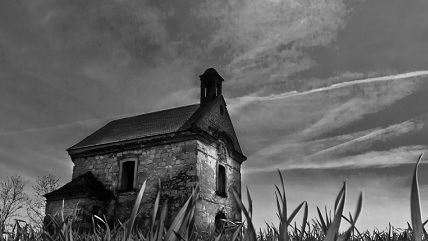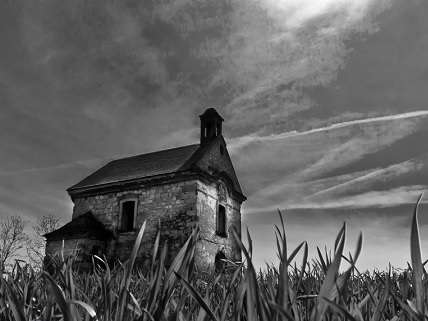The Problems With Government Marriage


Last year Scott Shackford explained the difficulty in divorcing government and marriage in the United States, which came down to the way common law has wed the two, especially in the case of family law. Nevertheless, it may be worth examining the activist role government plays in marriage—not the way the law protects the rights of family members and creates mechanisms for contract enforcement but the way in which government inserts itself into the process by which individuals choose to enter a marriage contract.
Every jurisdiction in the U.S. has some sort of government functionary with whom you can file for a marriage license. Anything the government says it needs to verify about the marriage should be accomplishable at that step. Is there a reason for the government to insert itself into the ways in which individuals and their communities choose to recognize and celebrate entry into marriage contracts?
Sometimes government is its own reason. In Virginia, for example, a judge has to appoint an officiant for you (occupational licensing taken to a new level). That recently led to a non-religious couple looking to get married being told by an officiant they were sent to by a judge that he wouldn't marry them because they didn't believe in God.
The court says the judge gave the couple the names of two officiants, one for religious ceremonies and one for civil ceremonies. The couple was looking to get married in the courthouse and have a ceremony later. Yet that couldn't be accomplished without the government insisting they go to a government-recognized officiant and come back to have the government recognize their marriage.
In North Carolina, meanwhile, opponents of same-sex marriage have used the tools of government to ban it in the state. In order to enforce the ban, the state has made it a misdemeanor for a minister to marry someone who doesn't have a marriage license. Several religious groups including the United Church of Christ and the Alliance of Baptists are suing to have the law overturned on First Amendment grounds.
Religious opponents of same sex marriage have mocked these group. "It's both ironic and sad that an entire religious denomination and its clergy who purport holding to Christian teachings on marriage would look to the courts to justify their errant beliefs," said Tami Fitzgerald, director of the North Carolina Values Coalition, apparently oblivious to the fact that his side has done the exact same thing. Just as government should not have the power to compel a church or other religious or civic organization to marry anyone they don't want to, neither should it have the power to prohibit such organizations from marrying anyone they want to.


Show Comments (29)